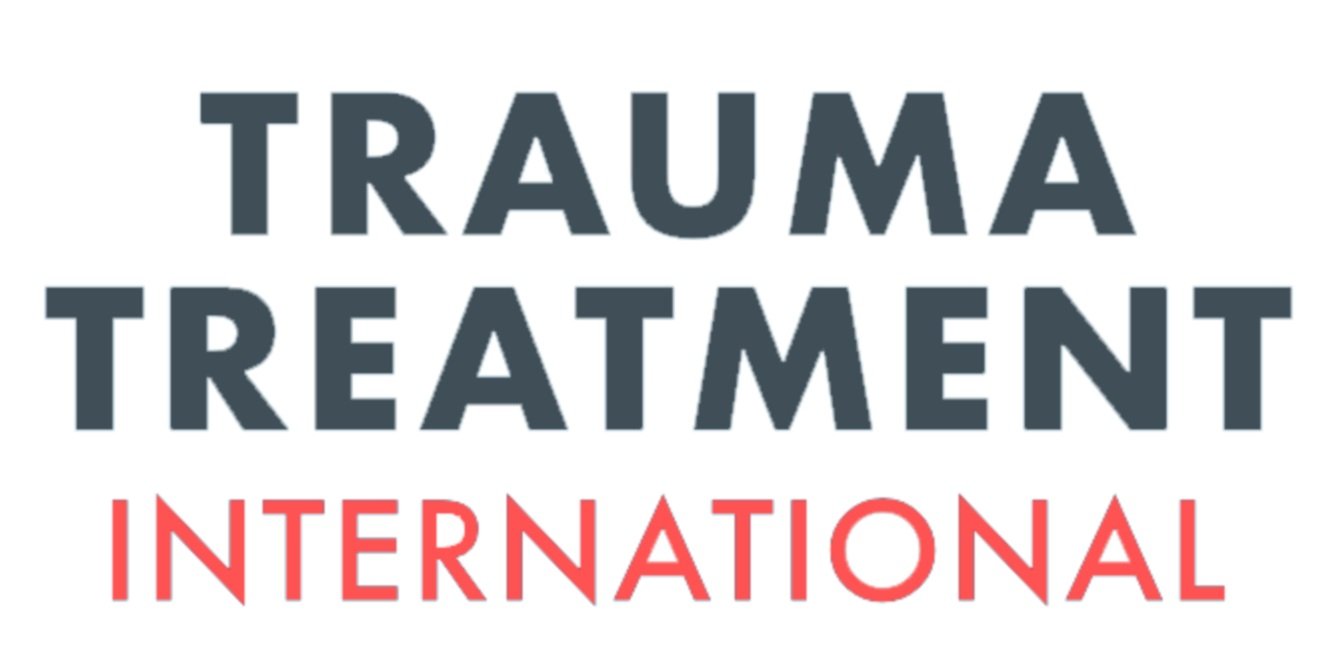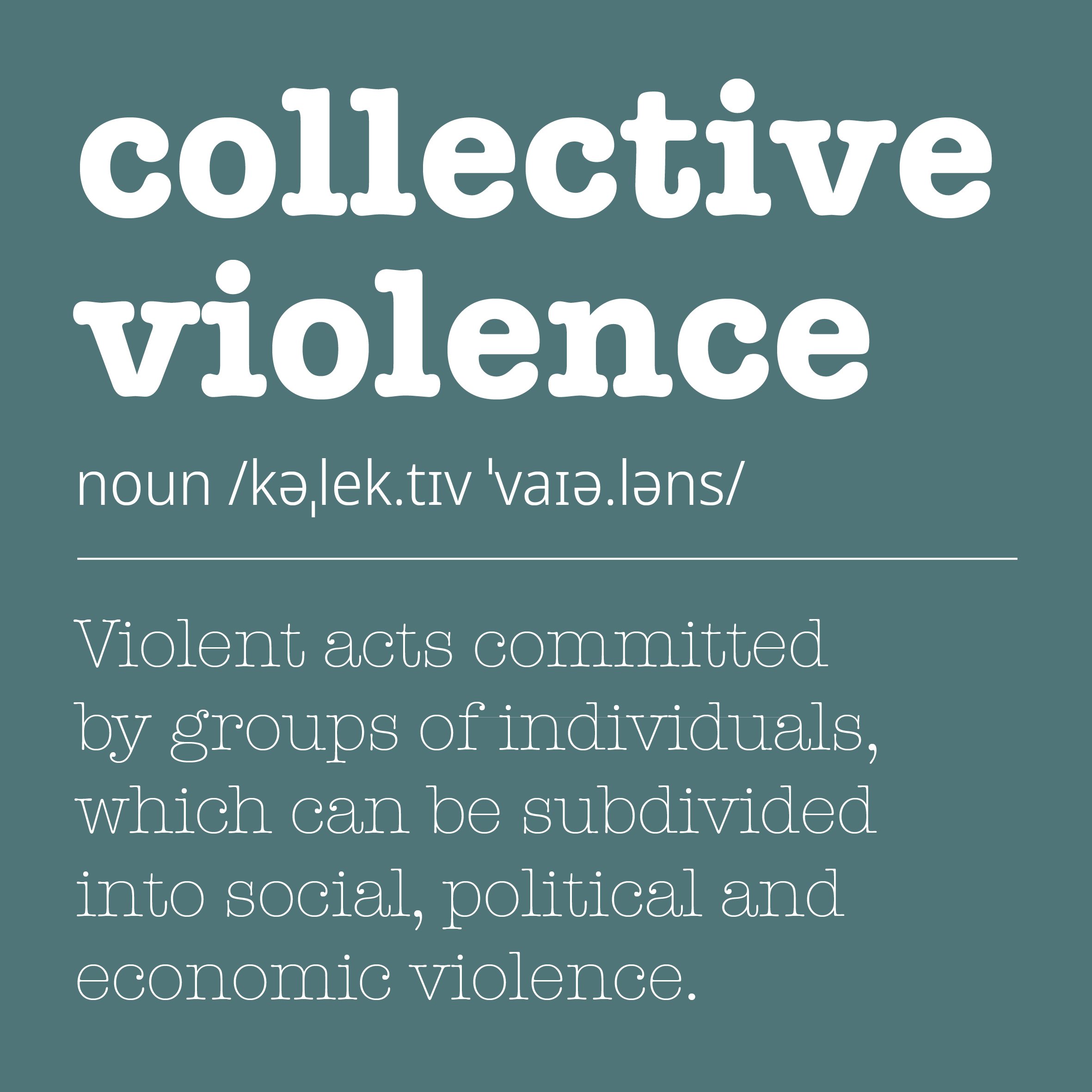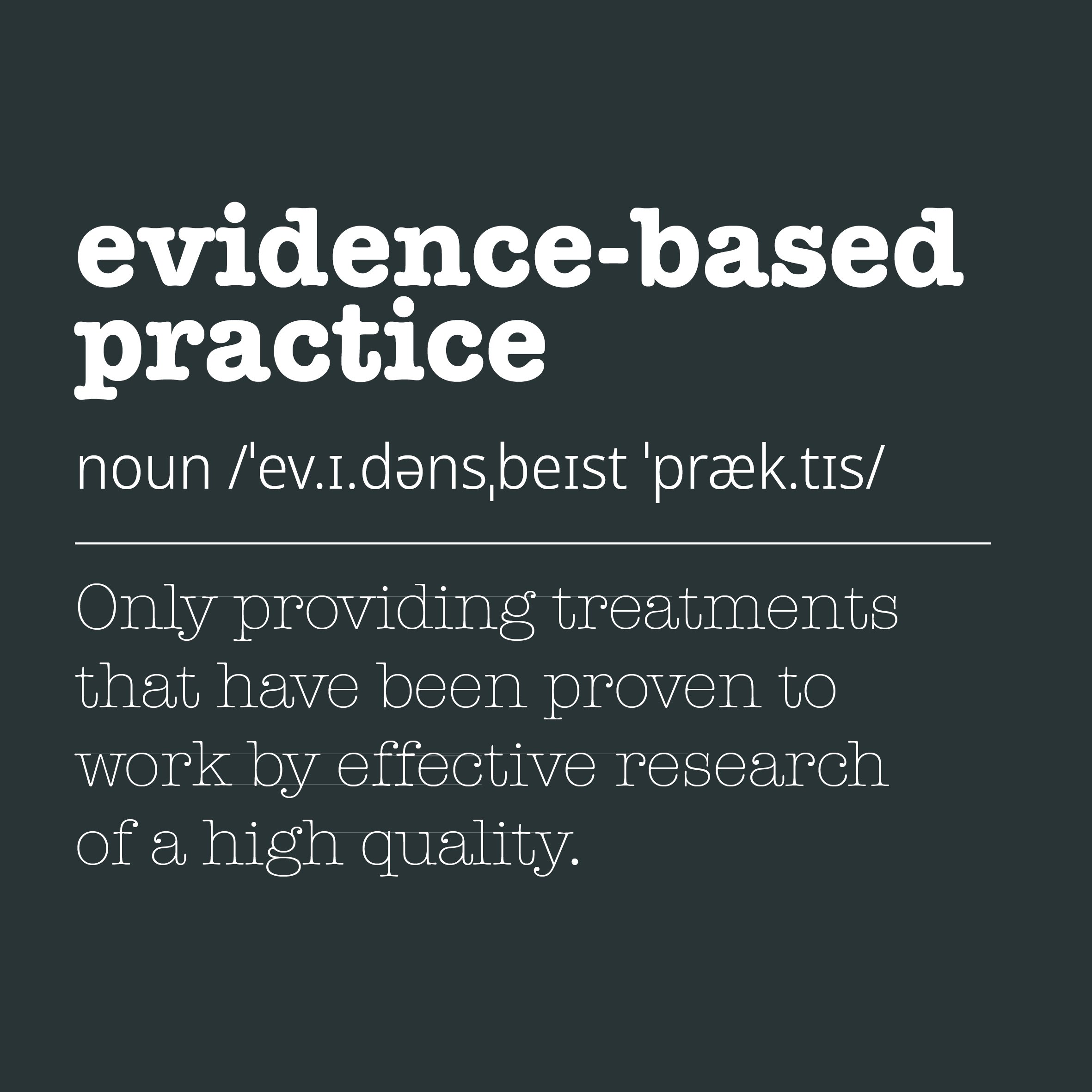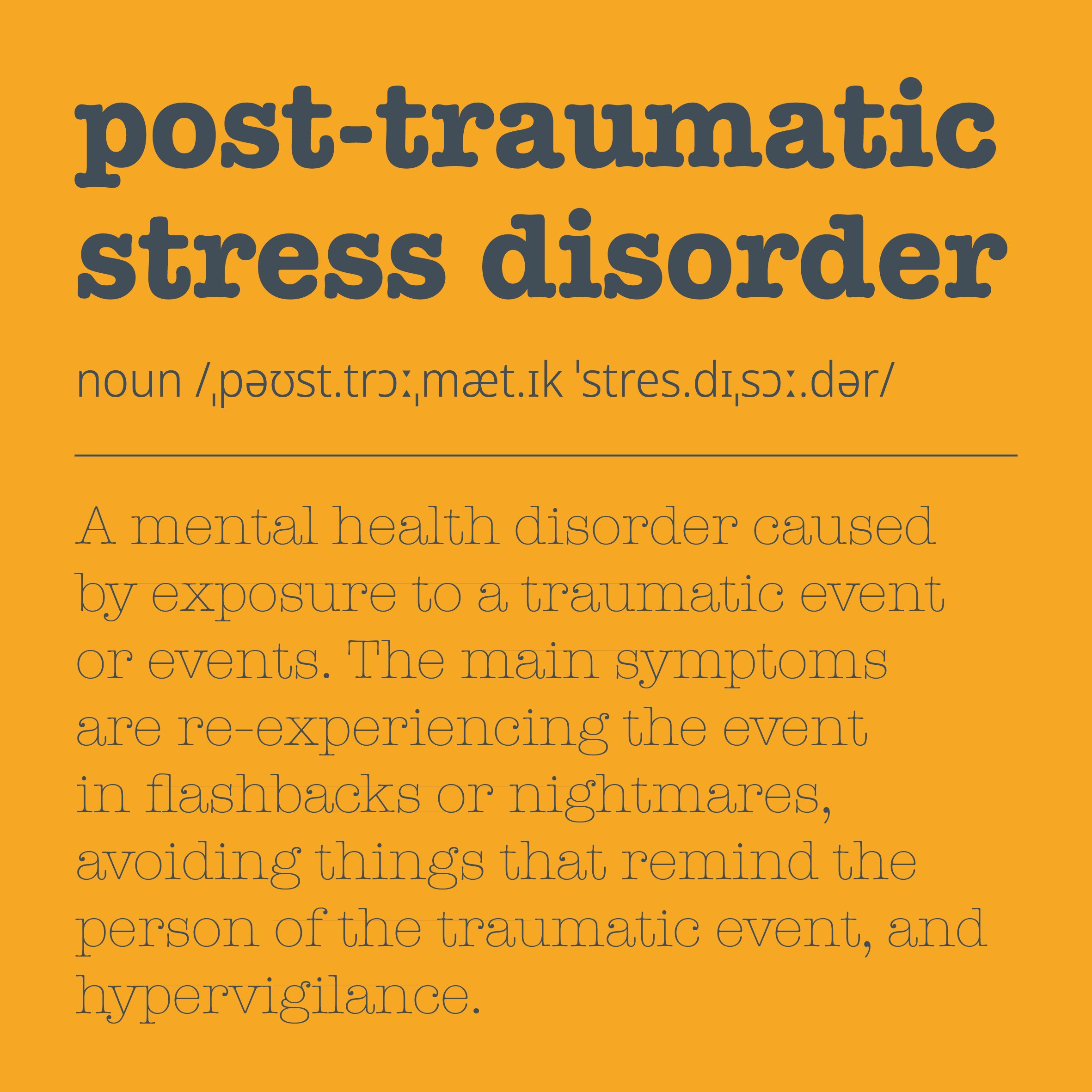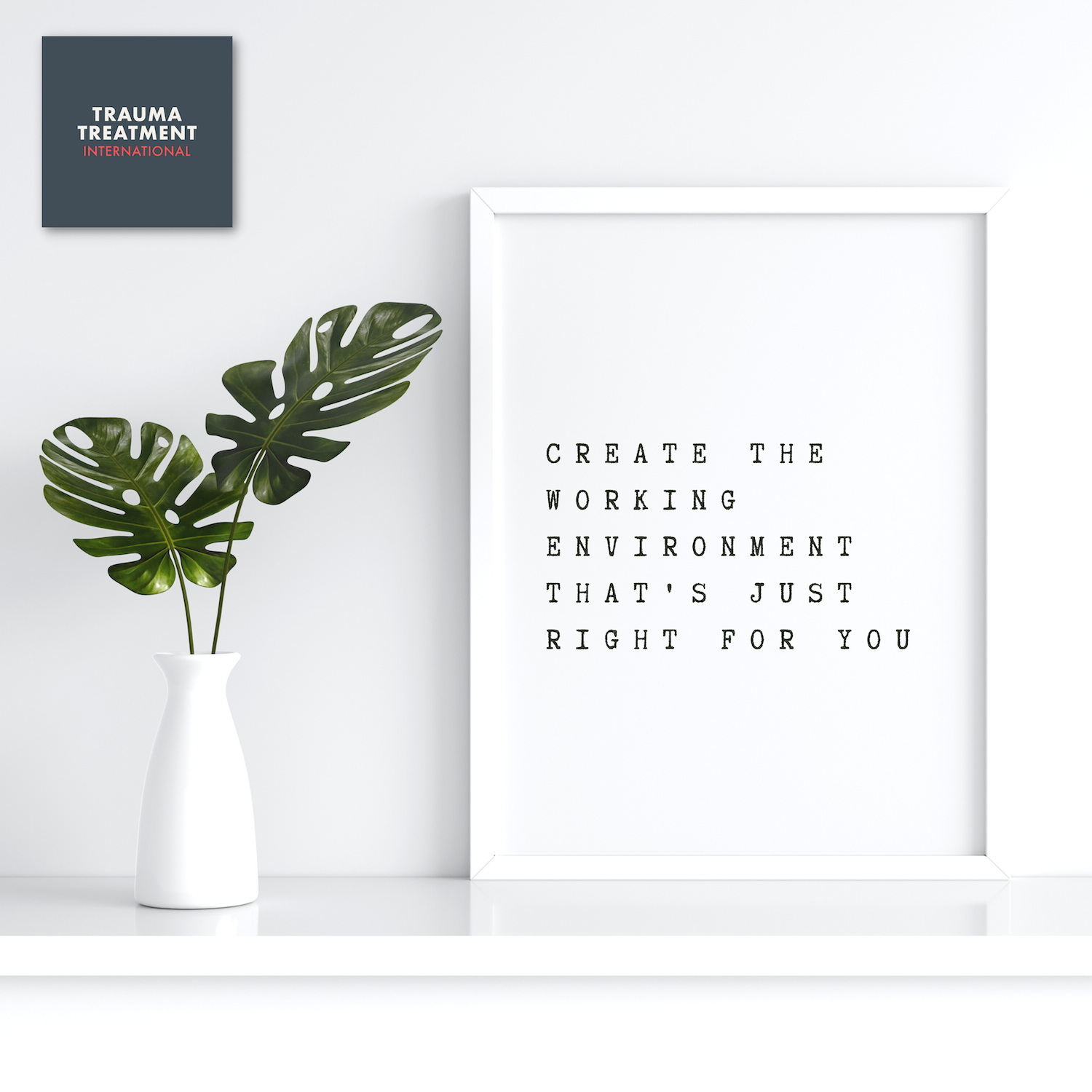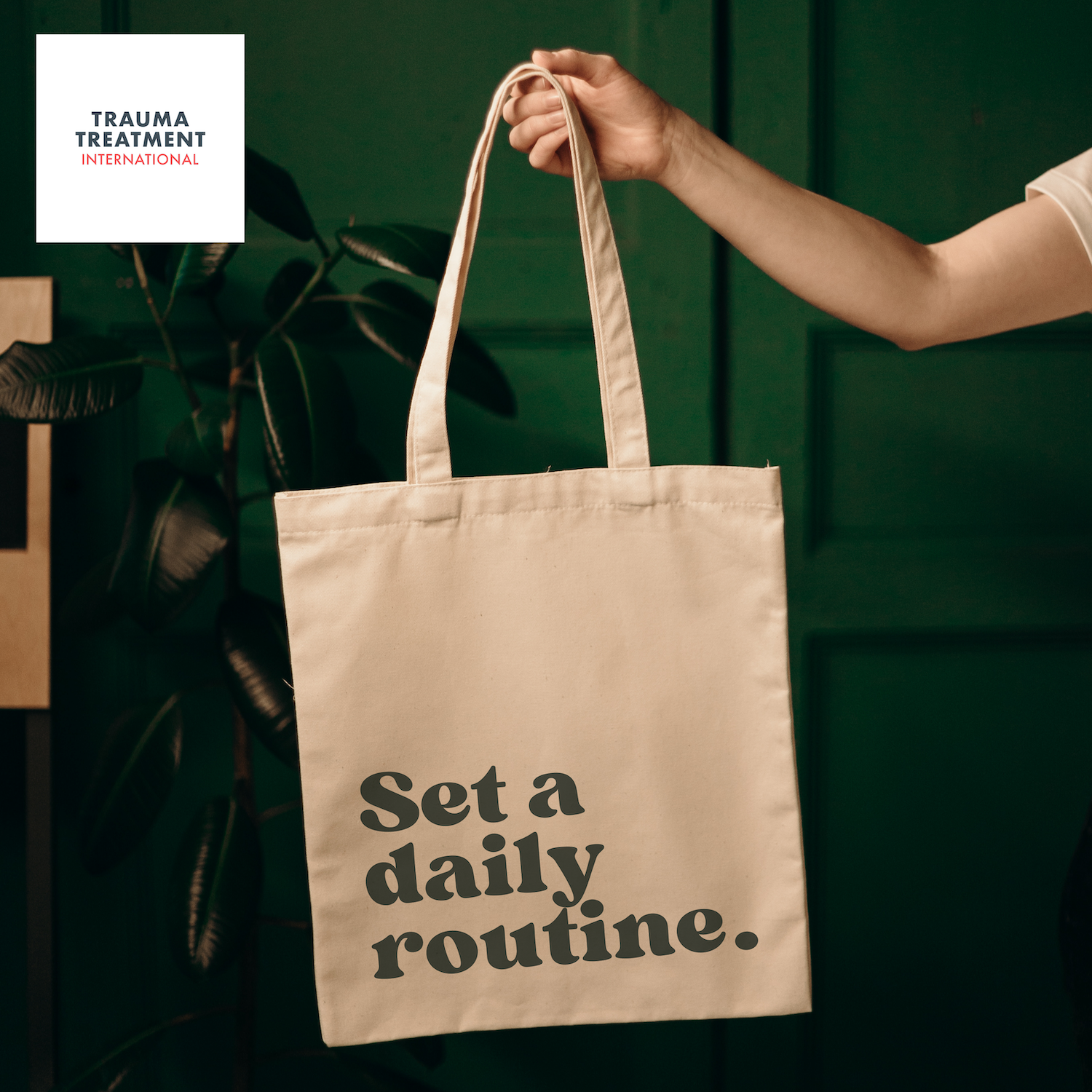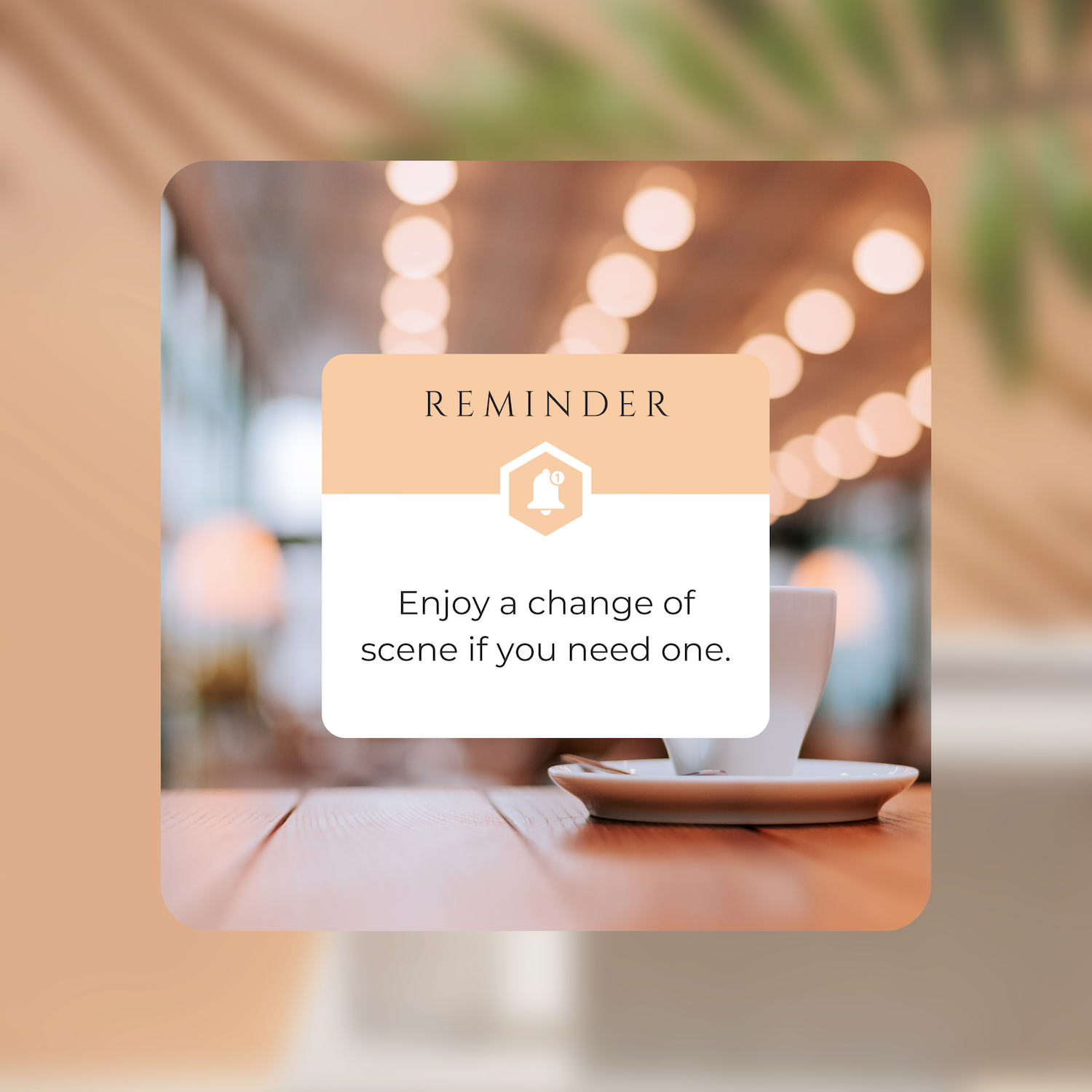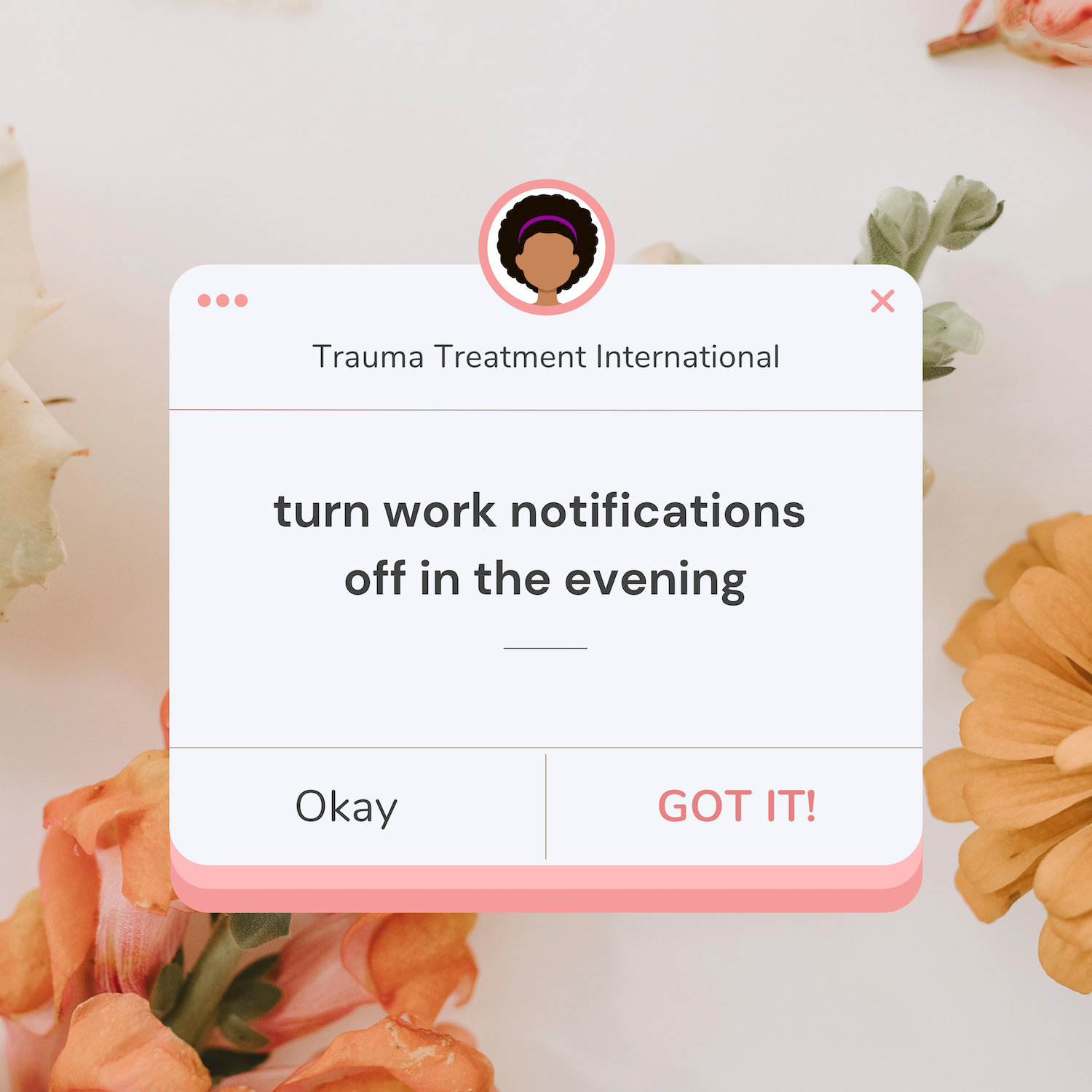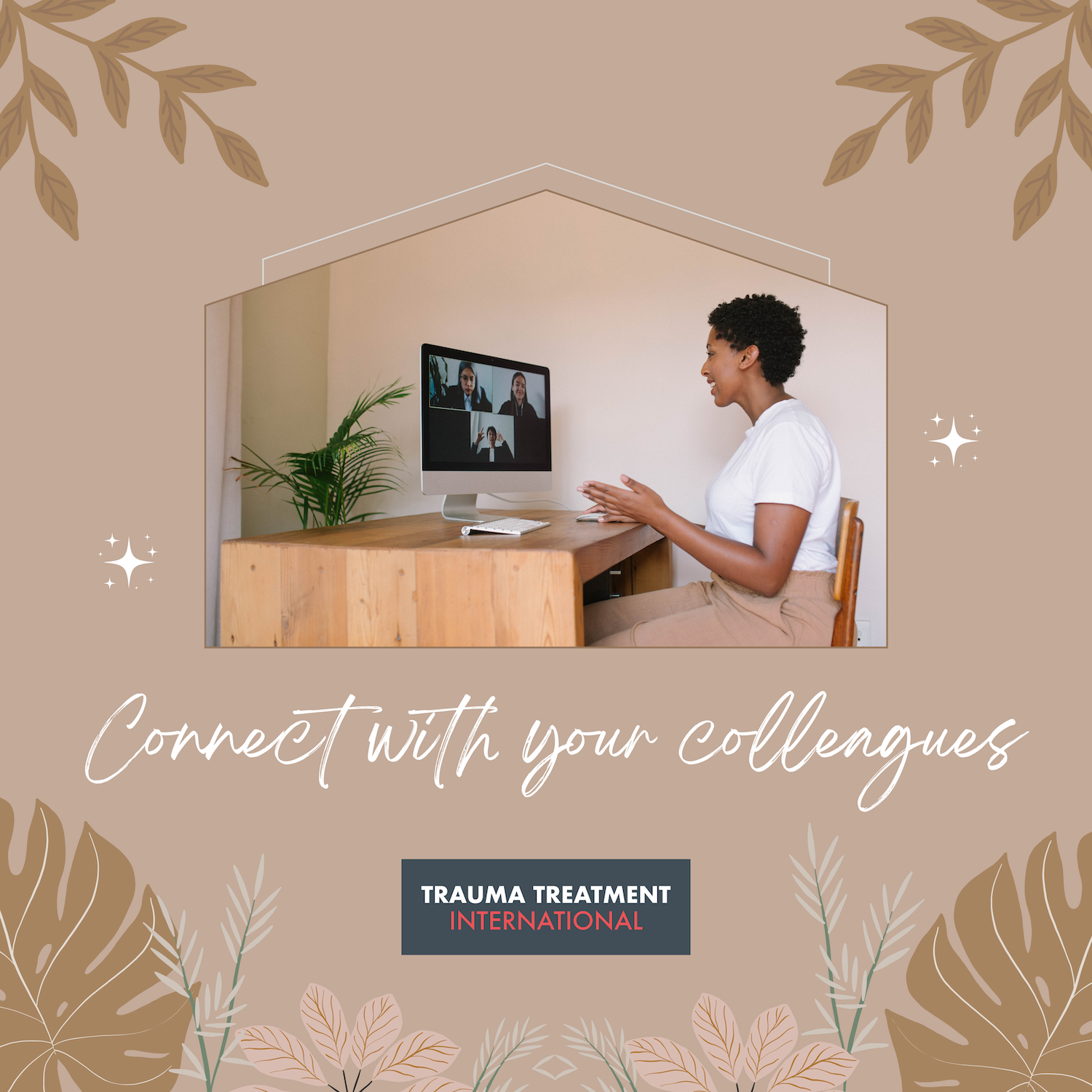Why TTI's education work is so important
Thank you to everyone who has donated to our TEAM UP to Tackle Trauma Crowdfunder so far! We really appreciate each and every penny.
On our social media channels this week, we’ve been focusing on the second of our strategic pillars, and the E in TEAM UP – education.
Our CEO Quen Geuter explains why this is so important: "In recent years, war and persecution have forced many families to flee their homes. Since 2021, families have been resettled in the UK from Afghanistan and Ukraine, and refugees and migrants escaping violence in their home countries are building new lives with host families across the country.
"It is vital that those who have lived through horrific events are supported in a trauma-informed way, to aid recovery and help avoid post traumatic stress disorder. Knowledge of trauma also helps staff working with victims to avoid the symptoms of secondary or vicarious trauma, burnout and stress in their work.
"This is why we focus on building trauma EDUCATION with hosts of refugees and people seeking asylum, workplace training for organisations employing people who have experienced trauma, and local groups and organisations working with victims of trauma."
Everyone should be trauma-informed
It’s TTI's aim to create a world in which we are all trauma-informed, from the person on the street to those with the power to make change at the highest levels.
So we put together a useful online glossary of the terms you may come across in this field, because we know that not everyone is familiar with them. We’ve included some examples below and there are more in our resource hub.
Training which truly makes a difference
Part of TTI’s strategic focus on education is supporting people who are at risk of secondary trauma and burnout because of their work. We do this through training sessions, such as our Personal Strategies to Manage Exposure to Traumatic Material course.
Recently we carried out a session at a media company whose staff are often exposed to distressing images and footage from war zones. We received fantastic feedback from participants after the event. One said they would better understand how traumatic content would impact them long-term, even if it wasn’t affecting them at the time.
They added that the training would help them “approach feelings of guilt when disengaging from content”.
Another said: “Loved that we went from theorising trauma into practical, everyday tools. Also loved the holistic approach of the tools provided, like breath work, spiritual guidance etc.” What’s more, 100 per cent of respondents said that our training would make a difference to their work.
Helping refugee hosts
With a huge increase in UK families hosting refugees and asylum seekers over the last couple of years, a large part of our education focus has been on helping these hosts approach their guests in a trauma-informed way.
Back in 2022, our research showed that over 90 per cent of hosts had not received any information about trauma through the process of signing up to a hosting scheme. And 100 per cent were not given any guidance about looking after their own mental health as a host.
As a result, we launched our Trauma-Informed Host Families project, offering training sessions to give hosts the tools they needed. This included how to create a safe space for guests, how to understand different types and expressions of trauma, and how to listen to those who have experienced extreme distress. This training also focused on the importance of looking after one’s own mental health and wellbeing.
One participant said: “Sometimes I don't listen to my mind or body when I've had a busy day but sessions like this today reinforce that I need to.”
While we reached more than 270 beneficiaries directly, even more were supported through our online toolkit and training video. You can watch the video below:
Creating a work-life balance that bolsters your mental health
Working from home has huge advantages, but it can also lead to feelings of isolation and an inability to switch off from the day job. So we created these images for anyone who works from home, whether in a trauma-related field or not. It’s so important for all of us to adjust our surroundings to create the perfect work-home environment.
We hope the above highlights how far-reaching and impactful our education work is. If you would like to donate to our Crowdfunder and help us carry on this vital work, click here. And do follow us on Facebook, Instagram and LinkedIn for the latest updates about the campaign.
Thank you so much in advance.
